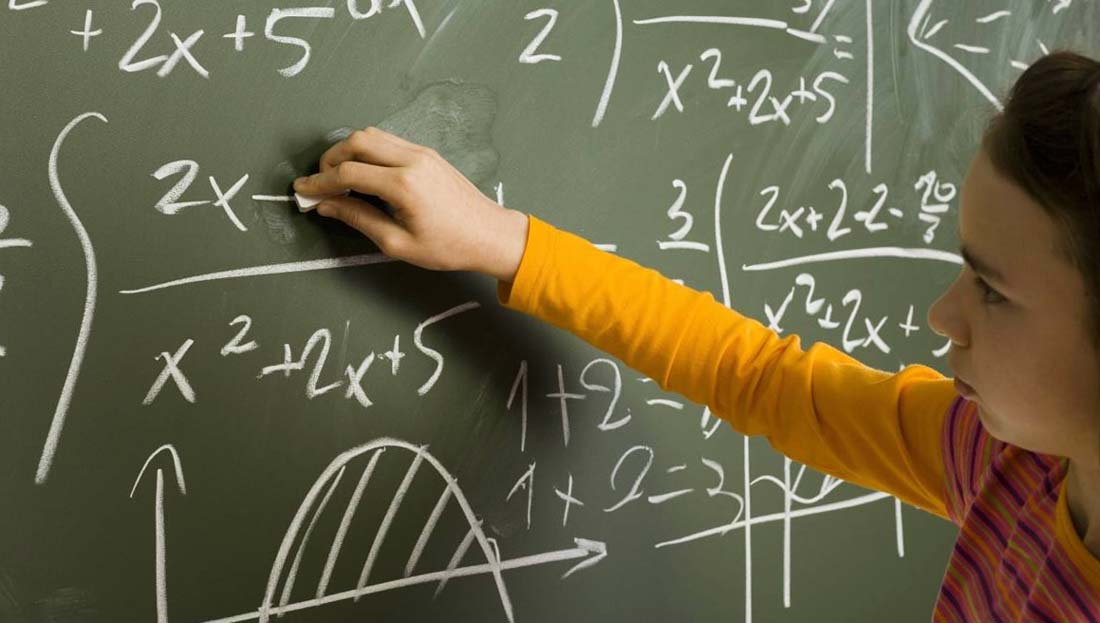Greetings! I think we should agree that mathematics is needed in various spheres of life: construction, IT, physics and so on. Most likely, if you are interested in learning mathematics, you already know why you need it.
From my experience, I can say that independent study of mathematics is quite difficult, but more than possible. It is necessary to have a great desire. But for help you can use the k-5 math resource.

Can I not spend money on courses?
Yes, of course you can. Now we live in a time when you can get a lot from the Internet, and absolutely free.
How long does it take to learn math?
In general, this is a rather fuzzy question, it depends on several factors: how often you study, how deeply you want to study mathematics (for example, only school course or higher mathematics).
I can say that in order to repeat the whole school course, it takes about six months. It’s quite a long time, isn’t it? No one said it’d be fast.
How to get better at math?
If you’re not very fond of using textbooks, you can do a lot without them. However, sometimes you’ll have to read them.
In this article, I will not specify which sites to use and which books to read; I will write about it in my telegram to the channel (@become_datascientist).
I strongly recommend popular mathematics courses in English, because they are usually explained more clearly, and this is often free of charge. Yes, knowledge of English will not be superfluous. There are many lessons on YouTube and sites.
For practice, you can find tasks also on the Internet, or buy any textbook / collection of tasks, also suitable.
Top tips
- Don’t be afraid if you don’t understand something, it’s okay. If something is unclear, reread/listen the material several times and/or refer to another resource.
- 2. Solve difficult tasks and practice a lot. This is the only way you can best understand the topic. If you cannot solve a problem, try to rest and try again.
- Study every day, at least for an hour. Learning math should become a habit, like brushing your teeth.
- Don’t forget about rest, but remember that everything has its limits.
- Do not grind the material, but try to understand it. It is important to understand mathematics, that is, to be able to derive formulas and apply them, to prove theorems and so on. It will be very useful to constantly ask questions in the style of “why exactly so?” and answer them. Skip to the next topic only when you are sure that you have understood the previous one exactly and have worked it out in practice.
- Get yourself a mentor. It’s not always easy, but if you can, it’ll be really cool. Your mentor will always cheer you up.
- Don’t be afraid to change your math resources, it is very important to find one that is right for you.
So, you can learn math on your own, the main thing is to have a great desire. These were thoughts that I wanted to share. I wish you good luck with your math studies. Don’t give up, and you’ll succeed.

What do we know about math skills
You must have said about yourself, “I don’t have any math skills.” And you graduated from the humanities class in general.
Most scientists will agree with you, but only because there is no evidence of innate mathematical ability. Researchers have been trying for years to learn about the inheritance of this skill. So far, one of the loudest recent works has been by scientists at the University of Pittsburgh (USA). They have proven that there is a correlation between the mathematical abilities of children and parents. But it’s caused not only by genetics, but also by social factors.
Besides mathematical ability, there is a mathematical sense, and it is inherited. It is because of it that we determine the shortest line, not counting the number of people. US scientists have compared how children at six months and three and a half years perceive numbers and the number of subjects. It turned out that kids who showed the best mathematical ability at an early age also showed the best result three years later, and the overall level of development was not correlated with mathematical ability.
But to exhale early (you probably already decided that would be in this experiment among children with mediocre results). Another group of researchers tested whether it was possible to develop mathematical abilities and learn to work with numbers in adulthood. It turned out that it was possible. Volunteers solved the problems, and then half of the experiment participants trained mathematical skills, while the control group did not, as the control group was supposed to. After that, all the participants again decided on arithmetic examples. Read how to get better at math for students. The math group showed much higher results than the control group.